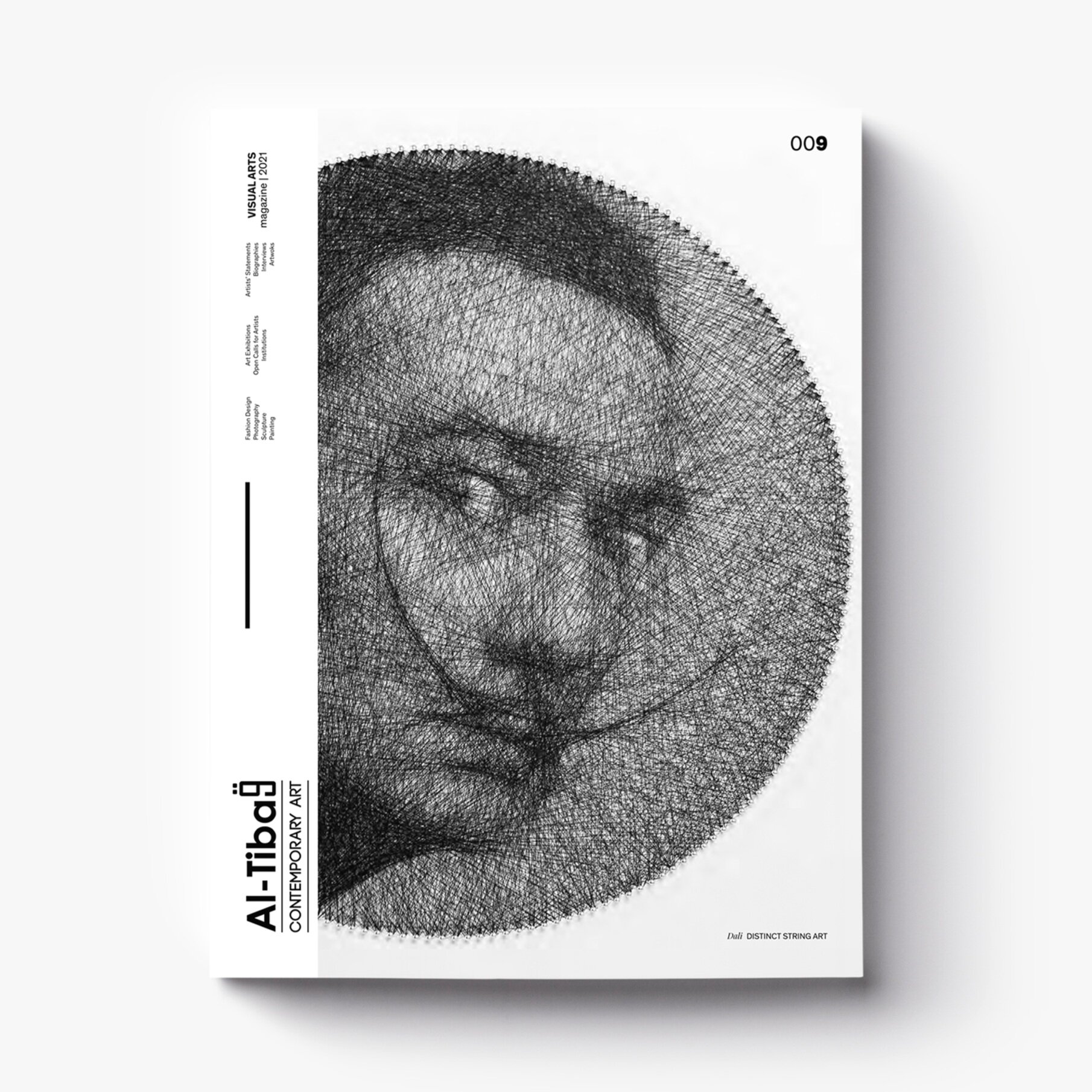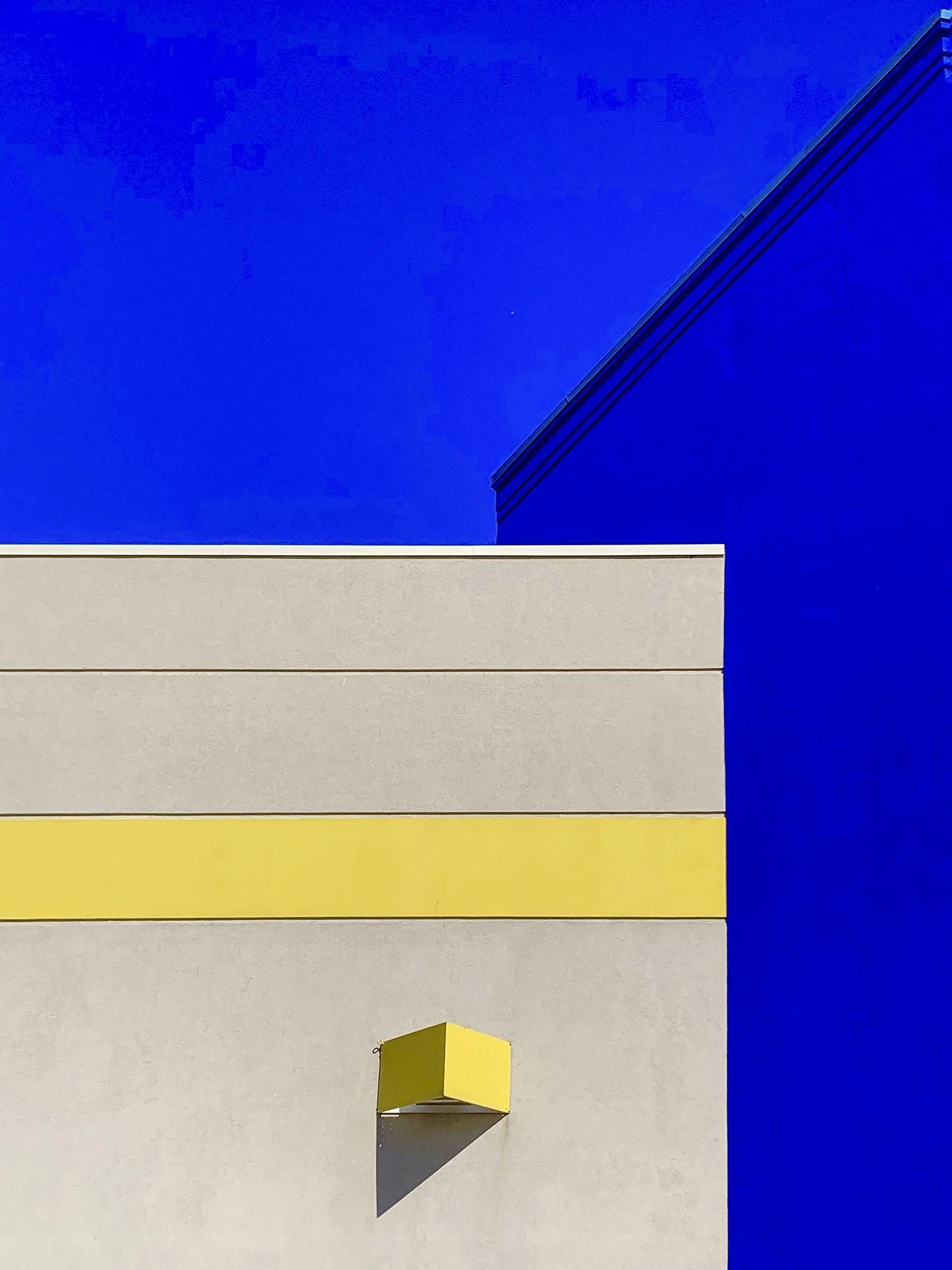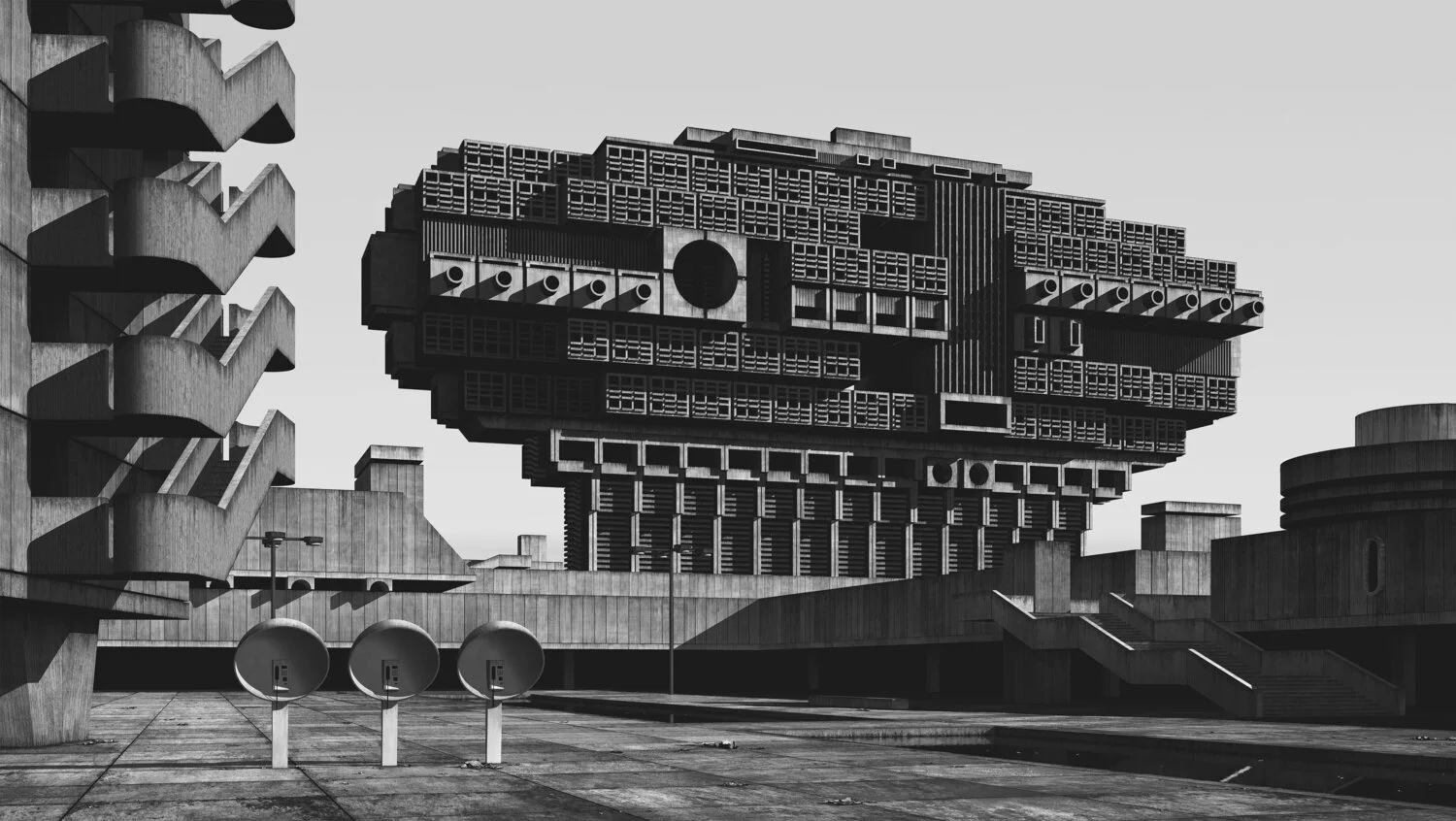10 Questions with Chenglin Xue
ISSUE09 Art Magazine | Featured Artist
Xue Chenglin (b. 1982) currently lives and works between Beijing and Front Royal, Virginia. Xue was educated at the China Central Academy of Fine Arts and Alfred University, department of integrated electronic art. He has participated in exhibitions at Werkstatt Grazy Gallery, Vienna; Robert C. Turner Gallery; and CAFA art museum, Beijing, among others. Xue’s work uses Arduino, processing, Maxmsp, and other interactive software in synergy with photography, video, printmaking, and other media. His work explores the nature of video and objective reality, focusing on the relationship between people and nature, attempting to harness interactive media to explore an invisible reality.
xuechenglin.com | @xue.chenglin
Chenglin Xue
ARTIST STATEMENT
What is reality? When we approach the world through vision, we believe that what we see is real, but in fact, it is not. If ancient Chinese artists used meditation to communicate with and describe the world, can we also use an alternative dialectic to access an alternative vision of reality? In his work, Xue Chenglin has attempted to use self-constructed digital interactive receptive installations to record and describe the world, visually rendering the transformation of material energy. Perhaps such a visualization of energy is, in fact, the manifestation of an invisible reality, the expression of an alternative emotion.
Perhaps Everything Is Just Gone | PROJECT DESCRIPTION
Freud wrote that "the ego is first and foremost a bodily ego; it is not merely a surface entity, Do we really have a memory? Do Memories represent our own imagination? After we get over of the short travel of our life, what can we leave behind? I pursuit of the answer by placing a pinhole camera on the top of the car during my journey…
Perhaps Everything Is Just Gone, Black & White Photography, Digital Print, 40x40 cm © Chenglin Xue
INTERVIEW
First of all, introduce yourself to our readers. Who is Chenglin Xue, and how did he become an artist?
I am an artist with two degrees in fine art, Photography, and Electronic Integrated Art. After I graduated from CAFA (China Central Academy of Fine Arts), I had the chance to study Electronic Integrated Art in America. I was trying to improve my photo works with digital technology while I was in undergraduate school. In my undergraduate thesis show, a visiting professor from the United States offered me a place at Alfred University to study interactive arts. Since then, I have been experimenting with combining interactive technology and photography in my works.
The first time I learned about visual art was through one of my classmates. Due to his status as an art student, he had the privilege of avoiding three afternoons in the classroom. Instead of regular classes, he went to the art studio. Three afternoons of free time meant a lot to me, so I attempted visual art, and I did well.
Perhaps Everything Is Just Gone © Chenglin Xue
Perhaps Everything Is Just Gone © Chenglin Xue
Do you remember when you first realized you wanted to be an artist? And has anything changed in your mind since then?
I don't remember when I realized I wanted to be an artist, but one thing changed in my mind and still has a great significance for me. While I was creating Perhaps Everything Is Just Gone, I had to wait for photographic equipment because the photography department was holding a View Camera course. For my project, I had to wait for the large view camera after they finished the course. So after completing nothing on this artwork for a week, I was asked by my professor a question during our meeting, "Are you an artist? If you are in the desert without any equipment and just sand, are you still an artist who can create art?". Afterward, I completed that project with a cardboard pinhole camera that I made, and the result was exactly what I hoped it would be. Since then, I have always tried to create my work with less equipment in order to prepare me for the day when someone might leave me in the desert.
Let's talk about your work. You have a background in integrated electronic art, and you still mix electronic elements with more traditional materials and techniques. How did you develop such a language?
My first degree was in photography at CAFA (China Central Academy of Fine Arts), which is a very traditional major. All courses are focused on black&white or color film, and the department does not offer classes in digital photography. During my undergraduate years, I spent a lot of time in dark rooms. Perhaps that is why I combine traditional and contemporary techniques in my artwork. But for me, both of them are just mediums. From my perspective, I consider digital thinking more important. To me, the digital language does not mean digital material or software or electronics, but rather a kind of thinking system. I hope one day to complete digital artwork without any high-tech tools.
How much planning goes into each artwork?
It is hard for me to say how much planning goes into each artwork. The plans usually need to be adjusted as they progress.
Perhaps Everything Is Just Gone © Chenglin Xue
Perhaps Everything Is Just Gone © Chenglin Xue
What themes do you pursue? And what messages do you want to convey with your art?
In my works, I attempt to create an interaction with nature. There is a story here. My first step before attending Alfred University to study interactive art was to learn what it is and what I was going to do with interactive media. I visited some gallery shows and browsed artworks on the internet but did not find an answer. Then, one day, I walked back to my apartment because I had no classes that day and still had jet lag (I didn't have a car at that time, so I walked to school and back for an hour each day). It was a hot, sunny autumn day. Suddenly, a cloud blocked out the sun, making me feel instantly cold. I was shocked that I had never paid attention to that feeling. That moment made me realize that interaction is not just between humans and humans or humans and computers. Since that moment, I have been trying to do something about the interaction between humans and nature.
What about your source of inspiration? Where did you get your imagery from, and is there any artist you particularly look up to?
Most of my inspiration comes from my experiences while making works or questioning myself. What would a stone say if it could talk? Is it possible to express everything in the world through data? What would we see if nature could control the camera? I wonder what it would look like if I could see gravity. These experiences and questions inspire me to create works to share with others. My favorite artists are Sol Lewitt and Bill Viola.
Perhaps Everything Is Just Gone © Chenglin Xue
In your series "Perhaps Everything Is Just Gone" you reflect on the theme of memory and what we leave behind after our life has ended. Tell us more about the series. How did you come up with this idea, and what was the creative process behind this series?
I had an opportunity to travel to New York City, visiting museums during the fall semester of my first year at Alfred University. That was the first time I had been to New York City. While driving, I gazed out of the car window, trying to remember every detail of the trip by sight, but when I arrived in New York to live there for school, I had forgotten everything. I attempted to recall the past details of my life and found I could not remember anything clearly. I then tried to share this experience with others through photography, since the photo is a recording medium. Those pictures were taken with a cardboard pinhole camera using 4 by 5 inches film, taped on the top of my car to record every trip I made. The aperture was opened when I started and closed when I reached my destination. The exposure time was about 3-6 hours. I was proud of myself for finishing a series of works at a low cost until I got a $300 traffic ticket.
How important are new technologies for your work? And how do you keep up to date with the latest trends and innovations?
Technology is not of vital importance to me, but it can aid me in improving my ideas or giving my work more possibilities. I enjoy reading science and technology news or checking out the latest software updates in my free time. Just as some people follow the news of the entertainment industry, so it gives me much pleasure to read tech news. I'm also a big fan of Apple products. For me, Apple's three events a year are festivals, haha.
Perhaps Everything Is Just Gone © Chenglin Xue
Perhaps Everything Is Just Gone © Chenglin Xue
On that note, are you experimenting with anything new these days? And what do you think of NFTs and other recent developments we have witnessed in the art world over the past year, such as digital exhibitions and online viewing rooms?
I am studying Unity 3D in my free time to prepare for my next project, which could be a projection mapping project. I truly believe that the Ethereum blockchain will change the art world. In my opinion, not just galleries but also artists, critics, and collectors need to explore how the Ethereum blockchain can be used in art. We need to discover our capabilities in this blockchain era.
Lastly, what are your projects for the future? Do you have any upcoming exhibitions or long-term projects you want to share with our readers?
Recently I have been working on two projects. One is designing an interactive camera to take photos of nature; the other is trying to visualize gravity with a self-made machine. Hopefully, one of them will be finished by the end of 2021. I look forward to sharing my work with AI-Tiba readers again.



























